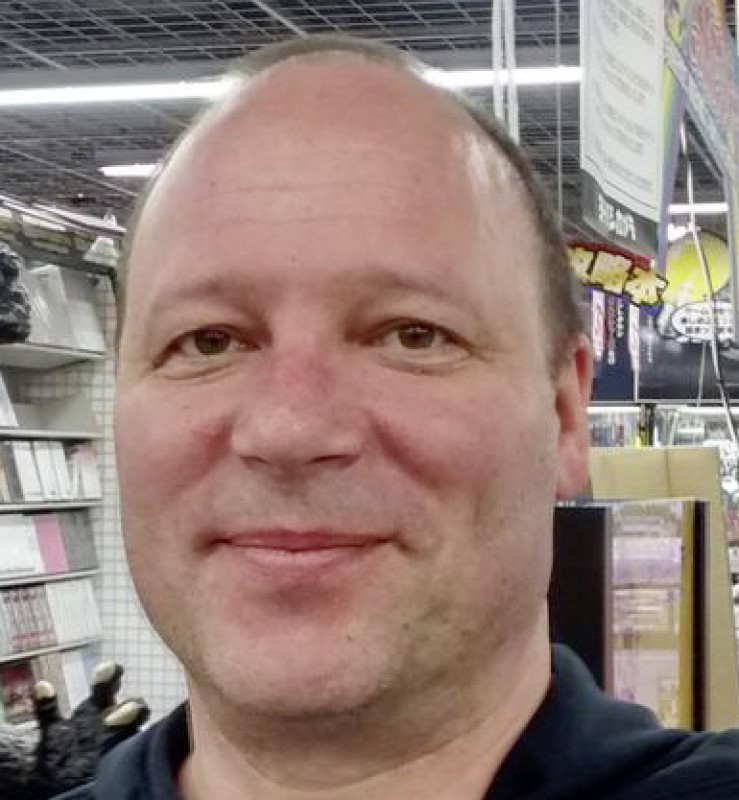KLI Colloquia are invited research talks of about an hour followed by 30 min discussion. The talks are held in English, open to the public, and offered in hybrid format.
Spring 2026 KLI Colloquium Series
Join Zoom Meeting
https://us02web.zoom.us/j/5881861923?omn=85945744831
Meeting ID: 588 186 1923
12 March 2026 (Thurs) 3-4:30 PM CET
What Is Biological Modality, and What Has It Got to Do With Psychology?
Carrie Figdor (University of Iowa)
26 March 2026 (Thurs) 3-4:30 PM CET
The Science of an Evolutionary Transition in Humans
Tim Waring (University of Maine)
9 April 2026 (Thurs) 3-4:30 PM CET
Hierarchies and Power in Primatology and Their Populist Appropriation
Rebekka Hufendiek (Ulm University)
16 April 2026 (Thurs) 3-4:30 PM CET
A Metaphysics for Dialectical Biology
Denis Walsh (University of Toronto)
30 April 2026 (Thurs) 3-4:30 PM CET
What's in a Trait? Reconceptualizing Neurodevelopmental Timing by Seizing Insights From Philosophy
Isabella Sarto-Jackson (KLI)
7 May 2026 (Thurs) 3-4:30 PM CET
The Evolutionary Trajectory of Human Hippocampal-Cortical Interactions
Daniel Reznik (Max Planck Society)
21 May 2026 (Thurs) 3-4:30 PM CET
Why Directionality Emerged in Multicellular Differentiation
Somya Mani (KLI)
28 May 2026 (Thurs) 3-4:30 PM CET
The Interplay of Tissue Mechanics and Gene Regulatory Networks in the Evolution of Morphogenesis
James DiFrisco (Francis Crick Institute)
11 June 2026 (Thurs) 3-4:30 PM CET
Brave Genomes: Genome Plasticity in the Face of Environmental Challenge
Silvia Bulgheresi (University of Vienna)
25 June 2026 (Thurs) 3-4:30 PM CET
Anne LeMaitre (KLI)
KLI Colloquia 2014 – 2026
Event Details

Topic description:
Computational models to explore the structure and evolution of catalyzed reaction networks (or metabolism in particular) have demanding pre-requisites. The central component of such a model requires a formalization of chemistry which is able to capture the algebraic and thermodynamic structure of chemical processes while remaining computationally tractable. During chemical transformations molecular entities can change their quantitative physico-chemical properties while atom types and mass is conserved. Furthermore, upon interaction, novel molecular species with hitherto unknown physico-chemical properties may arise. The formalism must be expressive enough to mimic the intricacy of a modern metabolic network, without restricting the possible chemistry to the known extant end results. With such a formalism in place the question how evolved reaction networks differ from abiotic ones can be approached. I will illustrate the potential of our graph grammar based chemistry formalism by presenting results (i) on the evolution of metabolism showing that all traces of the early reaction system are erased, and (ii) the density of autocatalysis in reaction networks, which turns out to be rather high for metabolism.
Biographical note:
Christoph Flamm received a master in Organic Chemistry (focus area natural product synthesis) and a doctorate in Theoretical Chemistry (focus area folding kinetics of RNA) from the University of Vienna. After an extended postdoctoral research stay at the University of Leipzig he returned to the University of Vienna and was conferred the venia docendi (Habilitation) in fall 2006. Since that time he is Associate Professor at the Institute for Theoretical Chemistry at the University of Vienna. Flamm teaches Cheminformatics and Systems Biology courses. He is experienced in the development of theoretical methods for the analysis of complex (bio)chemical reaction systems and computational RNA Biology. Flamm currently focuses his research on blending computer science and chemistry concepts.


